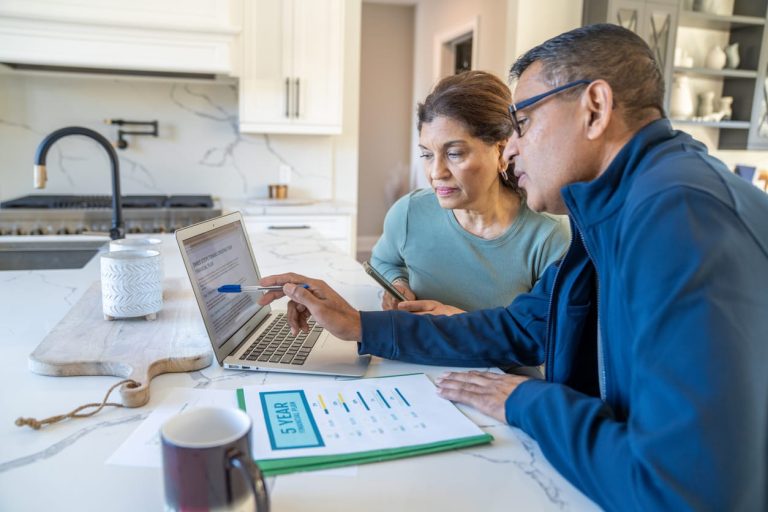Consider These Tips To Be Better Prepared Against Coronavirus
When it comes to COVID-19, seniors are at most risk for serious illness. According to research, adults 60 and older, especially those with preexisting medical conditions, like heart and lung disease, diabetes or cancer are more likely to have severe to deadly coronavirus infections than other age groups.
Seniors and their caregivers should consider these tips to be better prepared against the coronavirus. Here’s how to keep your senior safe:
Take extra precautions to keep yourself well
During the ongoing infection-prevention measures associated with the novel coronavirus, family and friend caregivers should take extra precautions to keep themselves and those they care for healthy.
Make sure you are doing the basics:
- Wash your hands frequently with soap and water for at least 20 seconds before and after providing care, preparing food, using the bathroom, or touching surfaces in public places.
- Wear a cloth face covering in public settings. The CDC advises the use of simple cloth face covering (or making your own) to slow the spread of the virus.
- Carry hand sanitizer. When in public spaces use an alcohol-based hand sanitizer that contains at least 60% alcohol.
- Avoid crowds, and if you cough or sneeze, do so into the bend of your elbow or into a disposable tissue.
- Keep your hands away from your face.
- Clean frequently touched surfaces in your home often, including mobility and medical equipment used by your loved one, such as walkers, canes and handrails.
Practice social distancing, not social isolation
One important way to lower the risk of your older family members catching COVID-19 is to limit in-person visits. However, staying away can cause problems, too. People who are isolated are at greater risk for depression, anxiety, heart disease, and mental decline. There are things you can do to keep elderly loved ones from feeling lonely but still keep them safe.
Take a walk, step outside to breathe some fresh air, or lead your parent to the porch while you plant some spring flowers or stretch your legs in the backyard.
With many churches and temples closing their doors until the pandemic eases, older members, may feel cut off. Caregivers might help their loved one access online services and outreach for spiritual solace and support.
Encourage friends and family outside of your household to telephone, write notes or send cards to lift your loved one’s spirits.
Give homebound older adults a project they can work on, such as going through and organizing old photos and memorabilia together. It’s an opportunity to enjoy the stories and happy memories they inspire.
Stay connected with technology
When you can't be there in person, a video call is the next best thing. Communication tools like Skype and free apps like Zoom, WhatsApp, and FaceTime can make you feel like you're together even when you're thousands of miles away.
Schedule a time each week for a video call to check in with each other. Ask your kids to sing a song or tell a story. Or play a board game together virtually to keep the family connection alive.
Reduce the risk of COVID-19 infection
Postpone unnecessary doctor visits. If an older adult in your care is feeling well, consider helping them postpone elective procedures, annual checkups and other non-essential doctor visits. To help them stay in touch, ask their doctors’ offices if they offer telemedicine, which enables doctors and patients to communicate over video, email or other means rather than face-to-face.
Caring for those with diminished cognitive capacity
Individuals with disabilities, dementia or diminished cognitive capacity need to keep a regular schedule as much as possible and ensure that medications are taken on time. Brainstorm new or additional recreational activities so they do not become bored or agitated. Be sure to factor in rest periods as well.
It’s important to follow these proactive tips as the situation around the novel coronavirus continues to evolve. Many families are searching for guidance and solutions to how to keep seniors safe and ensure their loved ones are best taken care of.
Assisted Living Locators offers a FREE service for seniors and their families to help you explore and understand senior care options. An advisor will meet with you and your loved one for an in-depth assessment discussing your current situation and help you find assisted living.
Assisted Living Locators is your partner in finding the right senior living option. Click here to find a senior care advisor in your area today.





